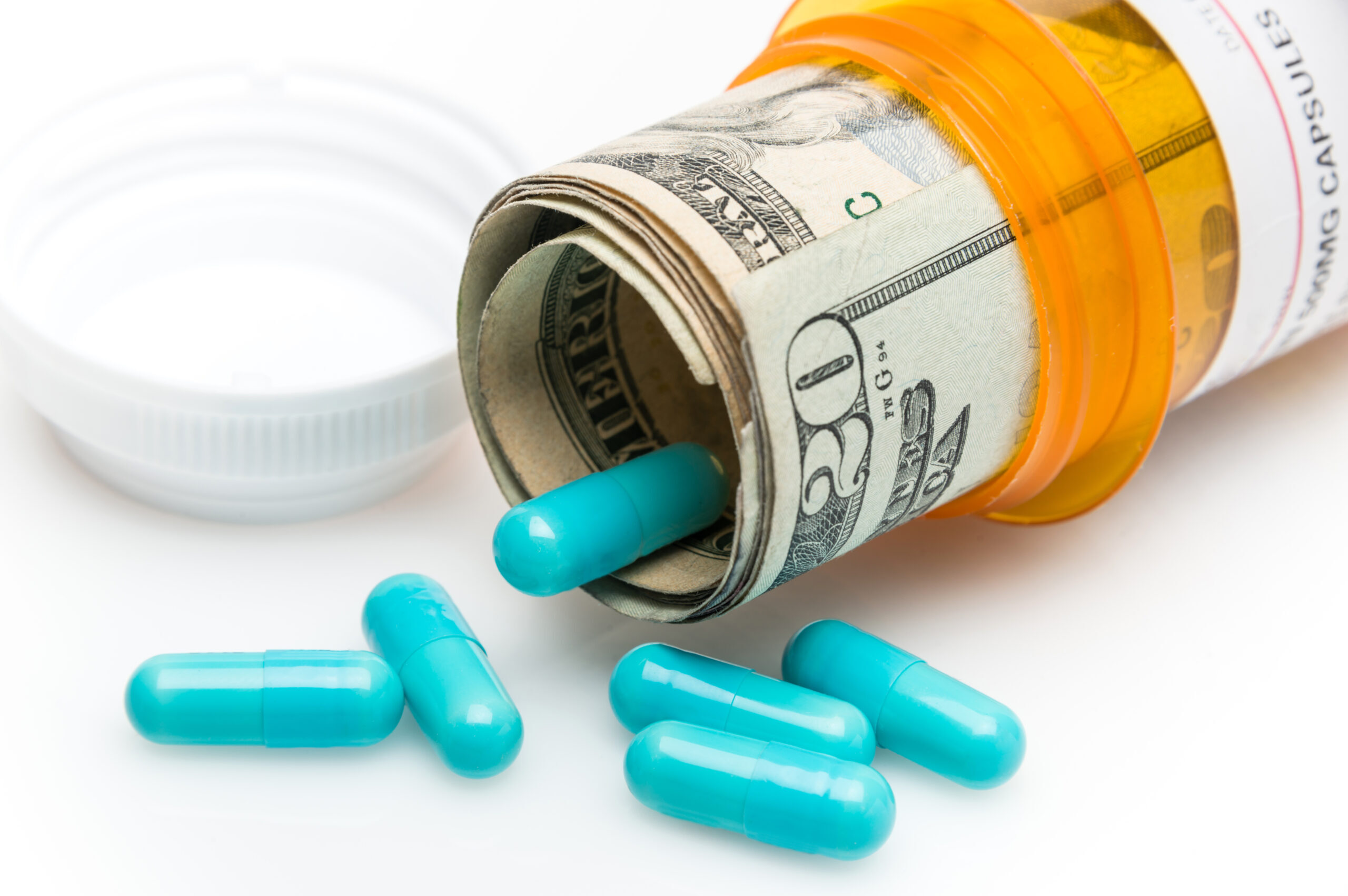© 2024 CSRXP- All Rights Reserved

DOSE OF REALITY: BIG PHARMA’S PATENT ABUSE COSTS AMERICAN PATIENTS OVER $40 BILLION IN JUST ONE YEAR
May 23, 2023
New Analysis Highlights Urgency to Hold Big Pharma Accountable for Egregious Anti-Competitive Practices
Last week, The American Economic Liberties Project and the Initiative for Medicines, Access & Knowledge (I-MAK) released a new analysis examining the staggering cost of Big Pharma’s patent abuse on the U.S. health care system and American patients. The analysis, titled “The Costs of Pharma Cheating,” found that Big Pharma’s anti-competitive patent abuse tactics cost U.S. consumers “an additional $40.07 billion on pharmaceuticals,” in just one year, 2019. According to the analysis “this equates to an average cost of approximately $120 per year for every American man, woman, and child, solely because of antitrust violations by the pharmaceutical industry.”
The American Economic Liberties Project and I-MAK conducted the analysis by examining the top 100 best-selling prescription drugs in the Medicare Part D and Medicaid programs in 2019. From this data, they found that several anti-competitive tactics commonly employed by Big Pharma “increased Part D gross spending by 14.15 percent, or $14.82 billion, and increased Medicaid gross drug spending by 9.05 percent, or $3.15 billion.” By assuming “all U.S. retail brand drug spending was similarly impacted,” the report concludes Americans paid as much as $40.07 billion extra for brand name prescription drugs in 2019 due to Big Pharma’s anti-competitive tactics.
The analysis also highlighted several common anti-competitive tactics Big Pharma routinely abuses to drive profits on some of their blockbuster drugs. These tactics include horizontal collusion, also known as shadow pricing, which is when different drug makers increase prices on products that treat the same condition around the same time, to drive the price of the drug category higher.
The most infamous example of the impact of Big Pharma’s shadow-pricing is on the price of insulin products. A 2021 U.S. Senate Finance Committee report found Novo Nordisk, Sanofi and Eli Lilly, the three companies who control 99 percent of the insulin market, worked in “lockstep,” to limit competition and increase prices. Between 1996 and 2006, the price of insulin increased by 700 percent. And in 2016, the average price per month reached $450.
The analysis also highlights Big Pharma’s favored tactics to game the patent system and block competition, including patent thicketing, product hopping and sham patent litigation. The analysis also notes Risk Evaluation and Mitigation Strategies (REMS) program abuse as another tactic Big Pharma employs to block competition and extend monopolies.
Read the full analysis, “The Costs of Pharma Cheating,” from The American Economic Liberties Project and I-MAK HERE.
Read more on Big Pharma’s patent abuse HERE.
Read more on Big Pharma’s egregious pricing practices on insulin HERE.
Read more on bipartisan, market-based solutions to hold Big Pharma accountable HERE.
